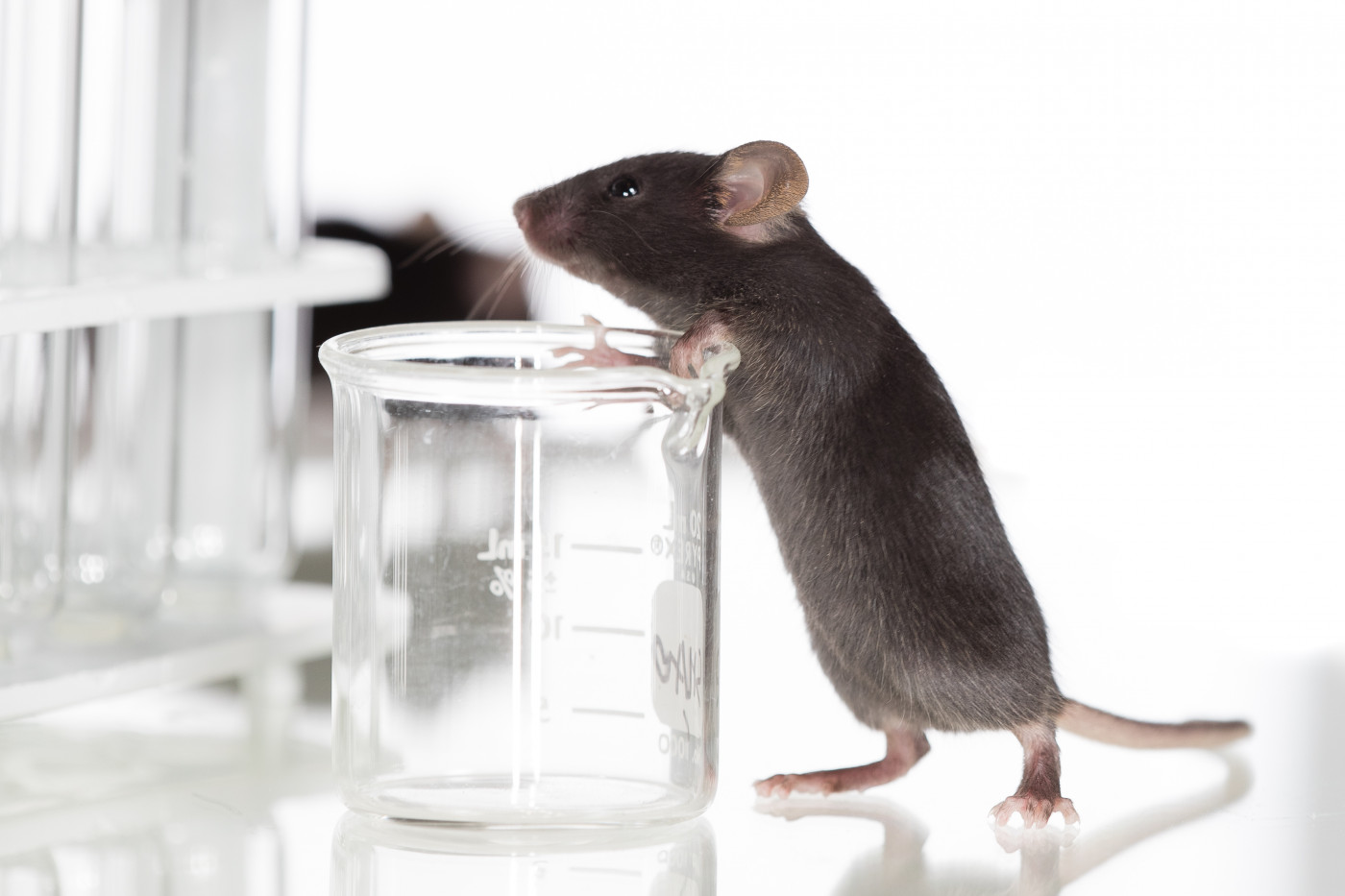Catalyst’s FIX Gene Therapy More Effective Than Padua in Early Study

An investigational gene therapy for hemophilia B, called CB 2679d-GT, increased factor IX (FIX) levels and significantly reduced bleeding in a mouse model of the disease, a preclinical study demonstrated.
The clotting activity of this potential therapy, being developed by Catalyst Biosciences, also “significantly outperformed the R338L-Padua variant,” its researchers reported.
The study, “Gene Therapy For Hemophilia B Using CB 2679d-GT: A Novel Factor IX Variant With Higher Potency Than Factor IX Padua,” was published in the journal Blood.
Hemophilia B is caused by a deficiency in the blood-clotting protein FIX due to mutations in the F9 gene, leading to prolonged bleeding after injury or surgery, and in severe cases, spontaneous bleeding without injury.
Gene therapies for hemophilia B, which use a harmless, modified adeno-associated virus (AAV) vector to deliver a healthy copy of the F9 gene to patient cells, have enabled the sustained production of FIX in trials.
However, due to viral delivery, patients remain at risk of vector dose-limiting toxicity effects, including liver inflammation.
A version of the F9 gene, known as the Padua variant, provides instructions for a high-activity version of FIX, which in theory might allow for lower viral doses to achieve the same therapeutic effects. Padua FIX-based gene therapy is currently being evaluated in clinical trials.
Recently, another high-activity F9 gene, called CB 2679d-GT, was developed by scientists at Catalyst. This investigational therapy is delivered by a virus with a novel outer shell that aims to enhance FIX production in liver cells, while reducing liver damage and undesirable immune responses.
Using a hemophilia B mouse model, researchers at the Vrije Universiteit Brussel, in collaboration with colleagues at Catalyst and other institutions, compared the effects of CB 2679d-GT to the Padua variant gene therapy.
Analyses demonstrated a statistically significant threefold improvement in clotting activity with CB 2679d-GT compared to the Padua variant.
Furthermore, CB 2679d-GT significantly reduced bleeding time — up to eight times less — and lowered total blood loss volume by fourfold in hemophiliac mice, compared with the Padua variant, “thus achieving a more rapid and robust hemostatic correction [ability to clot].”
FIX production was sustained for at least 20 weeks with both F9 gene variants, with neither of them causing significant immune responses.
“Collectively, these data support the efficacy and safety of CB 2679d-GT as a promising novel alternative to [Padua] for hemophilia B gene therapy,” Thierry VandenDriessche, the lead investigator at Vrije Universiteit Brussel, said in a press release.
“Its potential to obtain higher FIX activity levels and superior hemostatic efficacy following AAV directed gene therapy in hemophilia B patients than what is currently achievable with the [Padua] variant validates further clinical development,” VandenDriessche added.
Catalyst previously reported data from a preclinical study in non-human primates that aimed to evaluate the safety and effectiveness of CB 2679d-GT. Findings showed the therapy was well-tolerated and able to increase FIX levels up to 50% above pre-treatment levels for at least six weeks.
According to investigators, this most recent study demonstrated “CB 2679d-GT significantly outperformed the [Padua] variant,” noting that increases in the “overall potency of the gene therapy vectors may allow for lower and potentially safer vector doses in future human trials.”
“The data demonstrate the strong potential of our gene therapy candidate,” added Grant Blouse, PhD, senior vice president at Catalyst. “We are thrilled to have the study results published in Blood to share with the medical and scientific communities.”






